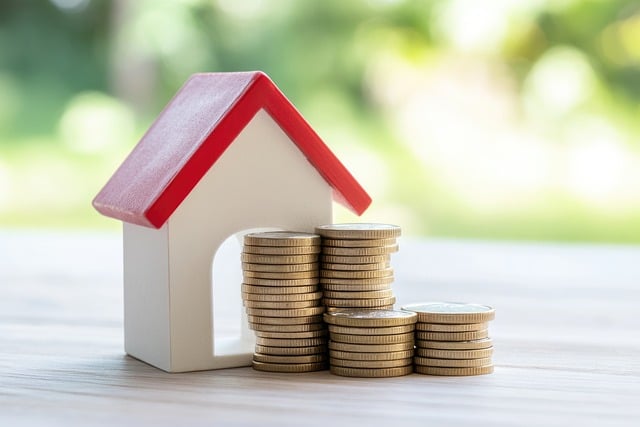Understanding Singapore's vibrant yet cyclical real estate market is crucial for successful property purchases. By recognizing market stages (bullish, bearish, stable) influenced by economic factors like interest rates, government policies, and demographic trends, buyers can strategically time their investments. Key indicators such as Economic Growth Rate, Employment Statistics, and Housing Price Index provide valuable insights. Staying informed allows buyers to navigate market shifts confidently and potentially secure lucrative deals in Singapore's competitive property landscape. When considering Buying Property In Singapore, understanding these cycles is key for making informed, strategic decisions.
Understanding market cycles is essential for buying property in Singapore, where the real estate market is dynamic and ever-changing. This guide navigates aspiring property owners through the intricacies of Singapore’s unique market trends. We explore how cycles impact prices and provide strategies for successful purchasing during peak, downturn, and recovery periods. Additionally, we offer insights for long-term investors to capitalize on cyclical patterns, ensuring informed decisions in Singapore’s vibrant property landscape.
- Market Cycles: A Singapore Property Buyer's Guide
- – Understanding the concept of market cycles and their impact on property prices in Singapore.
- – Identifying key indicators to predict market trends.
Market Cycles: A Singapore Property Buyer's Guide
Understanding market cycles is crucial for anyone looking to buy property in Singapore. The Singaporean real estate market, known for its vibrancy and stability, still follows distinct patterns that can impact property values and availability. These cycles are influenced by various economic factors such as interest rates, government policies, and demographic trends. By staying informed about these cycles, buyers can make more strategic decisions.
When navigating the buying process in Singapore, it’s essential to recognize the different stages of the market cycle. There’s typically a bullish phase characterized by rising prices and high demand, a bearish period with decreasing values and increased inventory, and periods of stability or consolidation. Property buyers can leverage these insights to time their purchases optimally. For instance, during a bearish market, buyers might find more affordable options, while a bullish market may require quicker action to secure desirable properties.
– Understanding the concept of market cycles and their impact on property prices in Singapore.
In the dynamic real estate market of Singapore, understanding market cycles is crucial for anyone looking to buy property. Market cycles refer to recurring patterns of fluctuations in economic activity, including property prices. These cycles are influenced by various factors such as government policies, global events, and local trends. Recognizing these cycles can provide valuable insights for buyers, helping them time their purchases strategically. During upward phases, when prices tend to rise, it might be more challenging to find affordable options, while the downward phases offer potential opportunities for bargain hunters.
The impact of market cycles on Buying Property In Singapore is significant. Prices often reach peaks and valleys over time, creating a cycle that can take several years to complete. Buyers who stay informed about these cycles can make more informed decisions. For instance, purchasing during a cyclical low can result in better value for money, while waiting for recovery might require more capital. Understanding these dynamics ensures buyers are prepared for market shifts, enabling them to navigate the Singapore property market with confidence and potentially securing lucrative deals.
– Identifying key indicators to predict market trends.
When considering Buying Property In Singapore, understanding market cycles is pivotal. Key indicators like the Economic Growth Rate, Employment Statistics, and Housing Price Index offer valuable insights into market trends. Economists and real estate analysts closely monitor these metrics to predict the health of the property market. For instance, a robust economic growth rate often translates to increased purchasing power, fostering demand for properties. Conversely, a slowing economy might lead to reduced buying activity and potential price adjustments.
Employment figures play a crucial role too, as they indicate the stability and income levels of potential buyers. A thriving job market with low unemployment rates can drive up demand for residential properties. On the other hand, significant fluctuations in employment could impact the affordability and desirability of real estate assets. Additionally, keeping an eye on historical housing price trends and new development projects can help investors anticipate market shifts, ensuring they make informed decisions when Buying Property In Singapore.
Understanding market cycles is a strategic advantage for anyone looking to buy property in Singapore. By closely observing key indicators such as economic growth, interest rates, and housing supply, potential buyers can anticipate price fluctuations and make informed decisions. This proactive approach allows you to navigate the dynamic Singapore property market with confidence, ensuring you secure your ideal home at a favorable price.
